

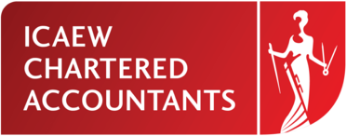
At Prescient Accounting, we understand the complexities of filing a self-assessment tax return, especially for company directors. Our service streamlines the process, ensuring you meet all filing requirements and deadlines while minimising your tax burden.
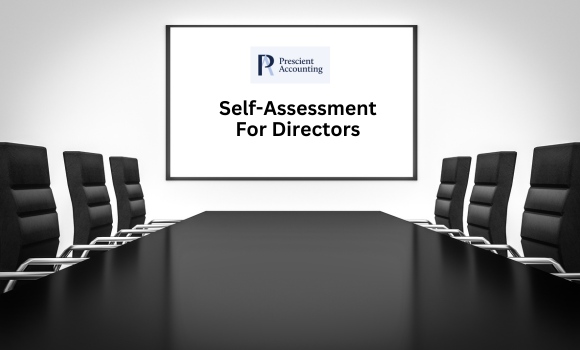
Let us know what you need from your accountants, we’re happy to help.
We believe that the role of the accountant is much more than dealing with pure compliance. That’s why we’re offering a free video or telephone call with one of our team of chartered accountants, to give you straightforward and open dialogue about your tax and accounting affairs.

Our team of qualified accountants has extensive experience handling self-assessment tax returns for company directors.
We'll ensure you claim all allowable deductions and reliefs to reduce your income tax bill and carefully review your return to minimise the risk of errors and penalties from HMRC.
Here's a rundown of what our service includes...
Not all limited company directors need to file a self-assessment tax return. Our team will help you understand your specific situation by considering the following:
If you answer yes to these questions, you'll likely need to file a self-assessment tax return. We'll guide you through the process and ensure you meet all HMRC filing obligations.
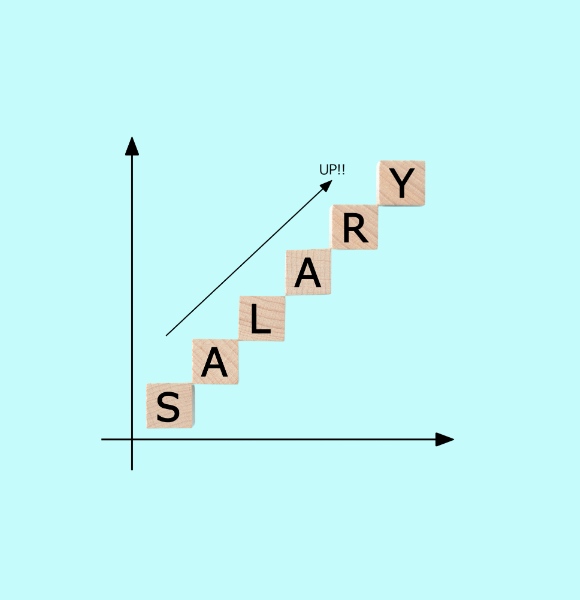

Keeping clear and accurate records is essential for a smooth tax return filing. We'll assist you with:
Calculating your tax liabilities can be complex, but our expertise ensures accuracy. Here's what we'll cover:
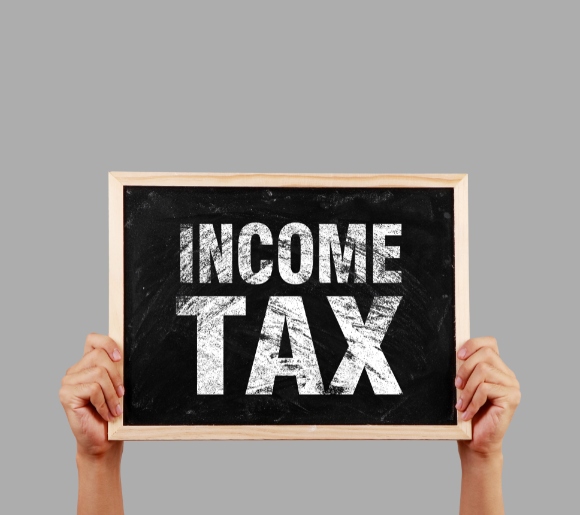
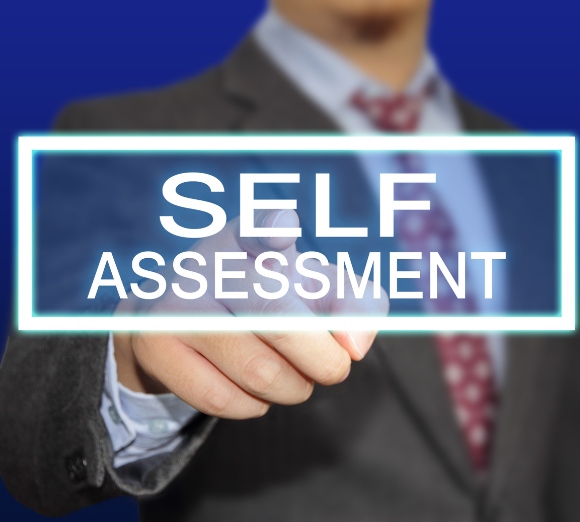
Our team will take the burden off your shoulders by:
Filing electronically is the most efficient and secure way to submit your self-assessment tax return. We'll handle the entire process for you:
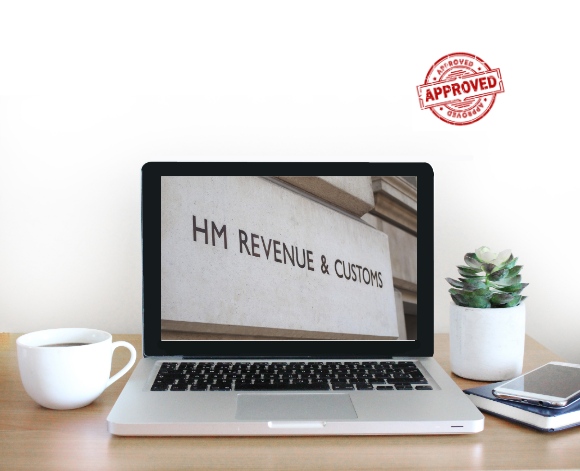

HMRC may occasionally have questions about your self-assessment tax return. We'll provide peace of mind by:
Most people believe that you only have to complete a Self-Assessment tax return if you are self-employed, but this is incorrect as
There are two main reasons why some company directors in the UK need to file a self-assessment tax return:
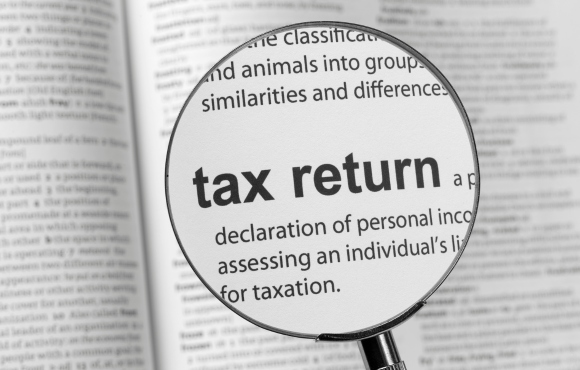
Most employees in the UK have income tax deducted automatically at source through the PAYE system. However, many company directors receive income beyond a standard salary, such as:
In very basic terms, if you're a limited company director and you've received untaxed income, you need to register for self-assessment to pay income tax.
The UK government offers a personal allowance, a tax-free amount of income each individual can earn before paying income tax.
If a company director's total income for the year (including salary, dividend payments, and other income sources) exceeds the personal allowance, they need to submit a self-assessment return to declare their income and potentially pay tax on the amount exceeding the allowance.
In short, self-assessment ensures company directors pay the correct amount of tax on all their income, not just the salary subject to PAYE deductions.

As a Ltd company director, you bear several important administrative and legal responsibilities, including:
In addition, you are responsible for your own self-assessment tax return, and it's crucial that this task is completed accurately and on time to avoid the following penalties:
The registration process itself is straightforward; simply log into the Government Gateway website and enter the relevant details, including your National Insurance number.
You'll also need to have a basic understanding of your finances, as HMRC will need certain information.
A paper registration form (SA1) is also available, although it's easier to use the online account.
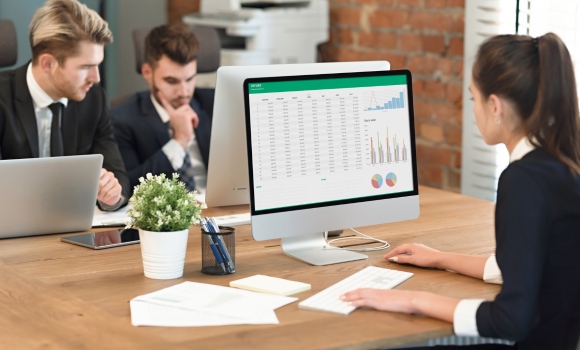
Ideally, you should register before you have any tax to pay. However, the latest you can register is by October 5th following the tax year (5th April).
Important Note: Registering for self-assessment doesn't automatically mean you'll owe tax. It simply allows you to declare your income and pay any tax due.
If the process seems complex or you have specific questions, Prescient Accounting can guide you through the registration and filing process to ensure you meet all HMRC requirements.
You should already have a personal UTR issued by HMRC, and this should be used for the SA return. The company will have its own UTR as it is a separate legal entity.
The only time a new UTR is issued is when a self-employed sole trader first signs up to SA, or a new Limited Company director has never worked or paid tax before.

Contact Prescient Accounting today for a free consultation to discuss your self-assessment tax return needs. We'll provide a personalised quote based on your specific circumstances.
We understand that being a company director can be a demanding role. And while you may relish the challenge, we know that there aren't enough hours in the day to do everything.
However, you don't need to go it alone! Let Prescient Accounting handle your self-assessment tax return, keep HMRC happy, and free up some valuable time for yourself.
When you need professional advice from an accountant or tax advisor, Prescient Accounting offers the best of both worlds.

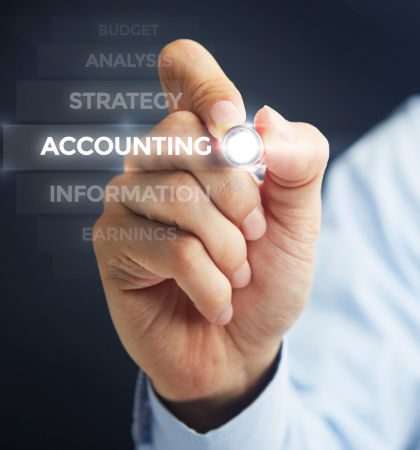
Self-assessment for directors involves evaluating their own performance and contributions to the board. It's crucial for personal development and enhancing the board's effectiveness.
Self-assessment allows directors to identify strengths and areas for improvement, fostering professional growth and enhancing their contribution to board governance.
Effective director self-assessment includes clear objectives, a structured framework, and actionable feedback, ensuring a comprehensive evaluation of performance.
Directors should ideally conduct self-assessments annually to align their personal development with the board's strategic goals and address evolving challenges.
Directors may encounter challenges such as personal bias and difficulty in self-evaluation, highlighting the need for a structured approach and, potentially, external guidance.
Directors can use self-assessment results to identify and address gaps in their skills and knowledge, thereby improving their contributions and the overall board dynamics.

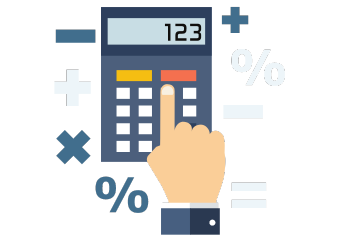
We believe that the role of the accountant is much more than dealing with pure compliance. That’s why we’re offering a free video or telephone call with one of our team of chartered accountants, to give you straightforward and open dialogue about your tax and accounting affairs.